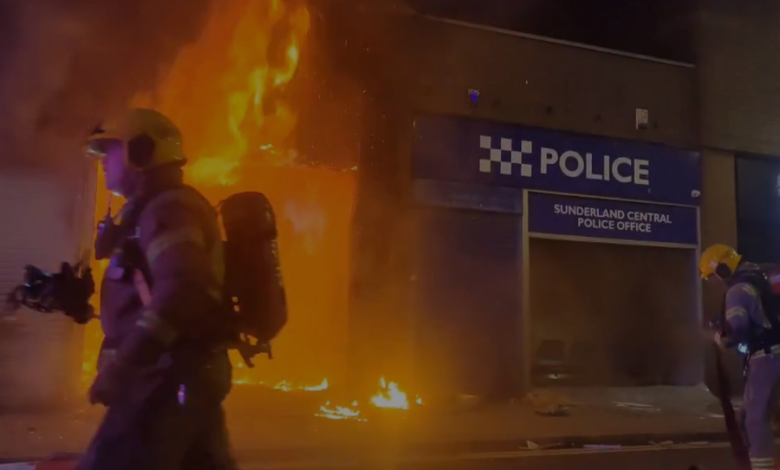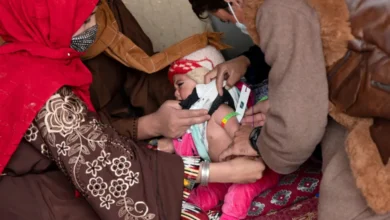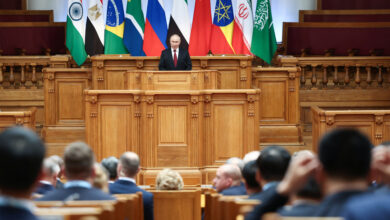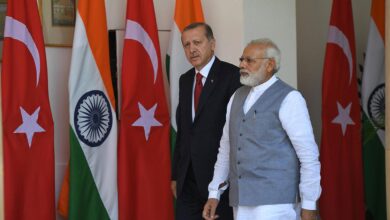Far-right rioters set UK police station on fire, attacked a mosque and looted shops in sunderland.

The city of Sunderland in the UK found itself at the receiving end of a wave of far-right violence this week. That stoked fears of a rising tide of extremist ideologies and their possible capacity for the mayhem of vast dimensions.
The first act of violence centered around the Sunderland police station, which went up in flames following outbreaks by rioters in large numbers. Parts of the building were destroyed by attackers allegedly linked to far-right groups, who used incendiary devices to set fire to the building, emergency services reacted quickly. Still, despite this fact, the blaze became so out-of-control that severe damage was inflicted on the infrastructure of the police station.
After the assault on the police station, the rioters turned their aggression towards a local mosque. It was an act of vandalism, violence, desecration of sacred spaces, and targeted innocent worshippers. For many in Sunderland, the mosque was synonymous with peace and community, yet it became a target for much malicious damage: windows smashed, walls daubed with obscenities, and property stolen. It was more than an attack on the mosque that the Muslims faced; it was a direct attack on the communal harmony and religious tolerance that existed.
The rampage of the rioters was far from over, as it was further topped off with a wave of looting in different shops across the city. The rioters took full advantage of the situation by raiding several businesses, sweeping them clean of goods, and leaving a trail of destruction behind; looting deepened feelings of insecurity among local shopkeepers and the residents of Sunderland, who felt that violence was touching their private lives—namely, their livelihoods and personal safety.
This streak of violent acts has provoked a quick response from the local authorities and national leadership; current efforts being taken by law enforcement agencies include an effective investigation process to track down and apprehend the perpetrators of the violence. The government has come out to denounce the attacks and talk of the need for unity, working together in the face of such vile, divisive extremism. Some civic leaders, a few leaders of the Muslims, and other local groups have called for peace, calm, and unity in the face of hatred or division.
This means that in the wake of these attacks, Sunderland will have to do two things: recover from the physical and psychological effects of the violence and show the world its commitment to inclusivity and mutual respect. How this crisis is addressed will be important in defining the future and how it unfolds so that the forces of extremism don’t get away with their battle for disunity and disharmony.




